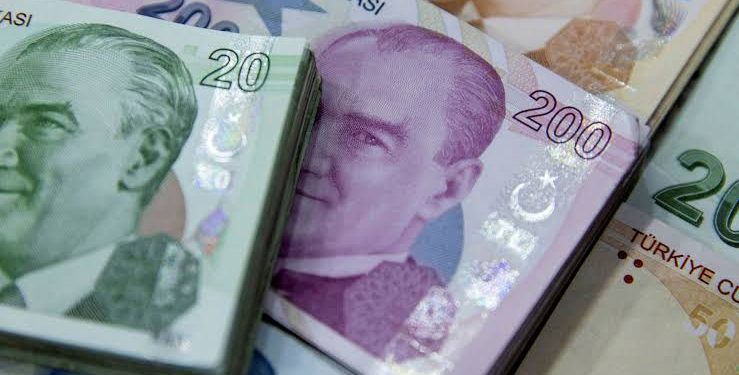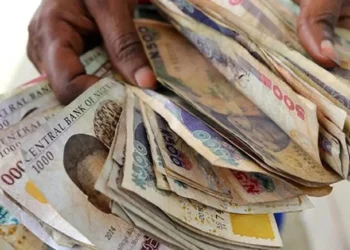The Turkish lira has reached an all-time low as President Recep Tayyip Erdogan secures his victory in the 2023 presidential election. This prolonged tenure has raised concerns among experts, leading to a pessimistic outlook for the currency and the country’s economic stability.
In this blog post, we delve into the implications of Erdogan’s retention of power and the challenges faced by the Turkish economy.
1. The Lira’s Record Low:
The Turkish lira hit a new record low against the US dollar, reflecting market uncertainties following Erdogan’s victory. Experts predict further depreciation, with Wells Fargo’s Brendan McKenna forecasting the lira to reach 23 against the dollar by the end of the second quarter and 25 by next year.
2. Unorthodox Monetary Policy:
Turkey’s unconventional monetary policy, prioritizing growth and export competition over taming inflation, has contributed to the lira’s decline. Erdogan’s belief that raising interest rates leads to inflation contradicts conventional economic wisdom, adding to concerns about policy sustainability.
3. Market Response:
Istanbul’s main index experienced a brief surge, but credit default swaps for Turkish debt spiked, indicating market participants’ skepticism. Many investors fear that the lack of orthodox policies could deepen the economic crisis and trigger another flight to safety.
4. The Bleak Outlook:
Experts unanimously paint a grim picture for Turkey’s economic and market outlook. McKenna from Wells Fargo highlights the need for support from currency reserve swap lines with Middle Eastern and Chinese countries as a potential silver lining amidst the gloom.
Bottomline:
As Erdogan’s victory extends his rule, the Turkish lira faces significant challenges. The unorthodox monetary policy and skepticism from market participants contribute to a bleak economic and market outlook for Turkey. It remains to be seen how the country’s central bank will intervene and whether alternative measures can mitigate the ongoing crisis.









